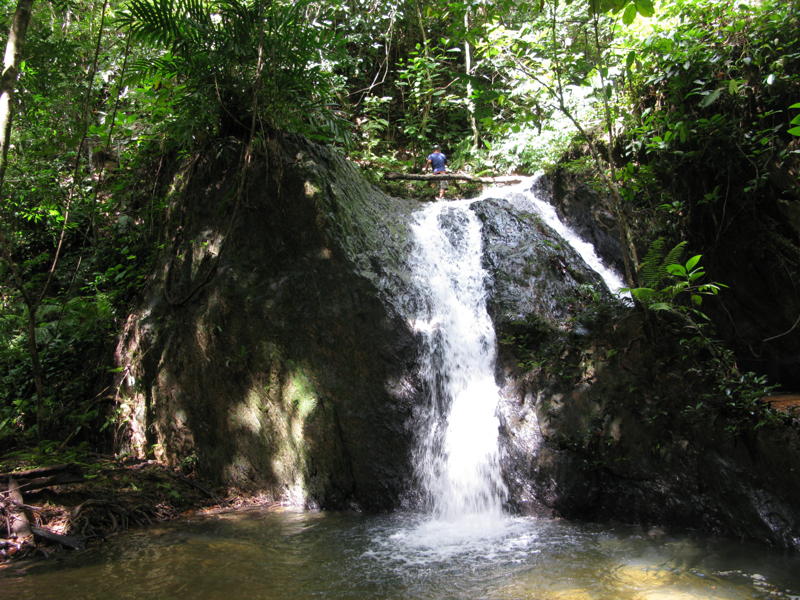
The local government of Kapuas Hulu District through the District Service Office for Mining and Energy initiated a process for renewable energy supply at district level and is organizing a workshop on Development of Micro Hydro Power Plant (MHPP) in Kapuas Hulu District on 26 January 2011 at the Kapuas Hulu Regent Office. The event will be conducted through active cooperation of the local government of Kapuas Hulu District and fully supported by the Germany Cooperation Program for Forests and Climate Change (GIZ-FORCLIME).
Objectives of the workshop are: (1) Identifying the role of stakeholders with regard to MHPP in Kapuas Hulu District, (2) Analyzing the problem and objective framework in accelerating the development of MHPP in Kapuas Hulu, (3) Building up consensus among institutions to achieve ultimate goal and collaboratively developing strategy, (4) Developing work plan for establishing MHPP as a model for cooperation in setting up MHPP in Kapuas Hulu District.
The workshop is expected to produce a memorandum of understanding among stakeholders of MHPP in Kapuas Hulu District to achieve the targets, such as: (1) Improving electrification ratio in Kapuas Hulu District, (2) Raising awareness towards the importance of forest conservation, and (3) Providing examples of direct benefits from forests for community’s needs (such as electricity).
It is expected to achieve benefits in improving the quality of life of communities in Kapuas Hulu District and conserving forests in Kalimantan, especially within the Heart of Borneo.
Workshop on Development of MHPP in Kapuas Hulu involves multi-stakeholders, such as the government, public, nongovernmental organizations and private institutions that have strong influence in accelerating MHPP development in Kapuas Hulu District.
Why MHPP?
Micro Hydro Power Plant (MHPP) is a sustainable choice of technology for decentralised electricity supply and very popular to provide electricity in remote rural areas that have hydro energy sources. MHPP technology has been designed by domestic experts, and most of the machinery and equipment installations can be produced by manufacturers in the country.
MHP uses river current system, and will only produce electricity when the water is available, so the presence of the river discharge will affect the sustainability of electricity production. Activity in the upstream, such as logging will directly influence the continuity of river discharge, river water quality (siltation) and ultimately affect the sustainability of electricity production. Direct correlation between deforestation with electricity production needed by rural communities around the forest will raise awareness and active participation of communities to conserve forests. Hence, the implementation of MHPP technology can be used as promotion activities in reducing deforestation and decreased function (degradation) of forest.
Survey on MHPP
Recently, the GIZ-FORCLIME has conducted survey on Development of a Strategy for Micro Hydro Power Plant (MHPP) development within the Conservation Districts of Malinau and Kapuas Hulu based on a comprehensive survey in the corresponding Districts.
The purpose of the survey is to develop strategies of MHPP development in Kapuas Hulu and Malinau Conservation District based on on the results and findings of the surveys in both districts.
One of the outputs is identification of potential MHPP sites, priority on bufferzones of national parks.
To learn more about the survey, please contact:
Heinz TERHORST.
Team Leader-FORCLIME GiZ Component 3.
Tel.: 0813 8457 7704
Email: heinz.terhorst @ eco-consult.com
Website: www.forclime.org






